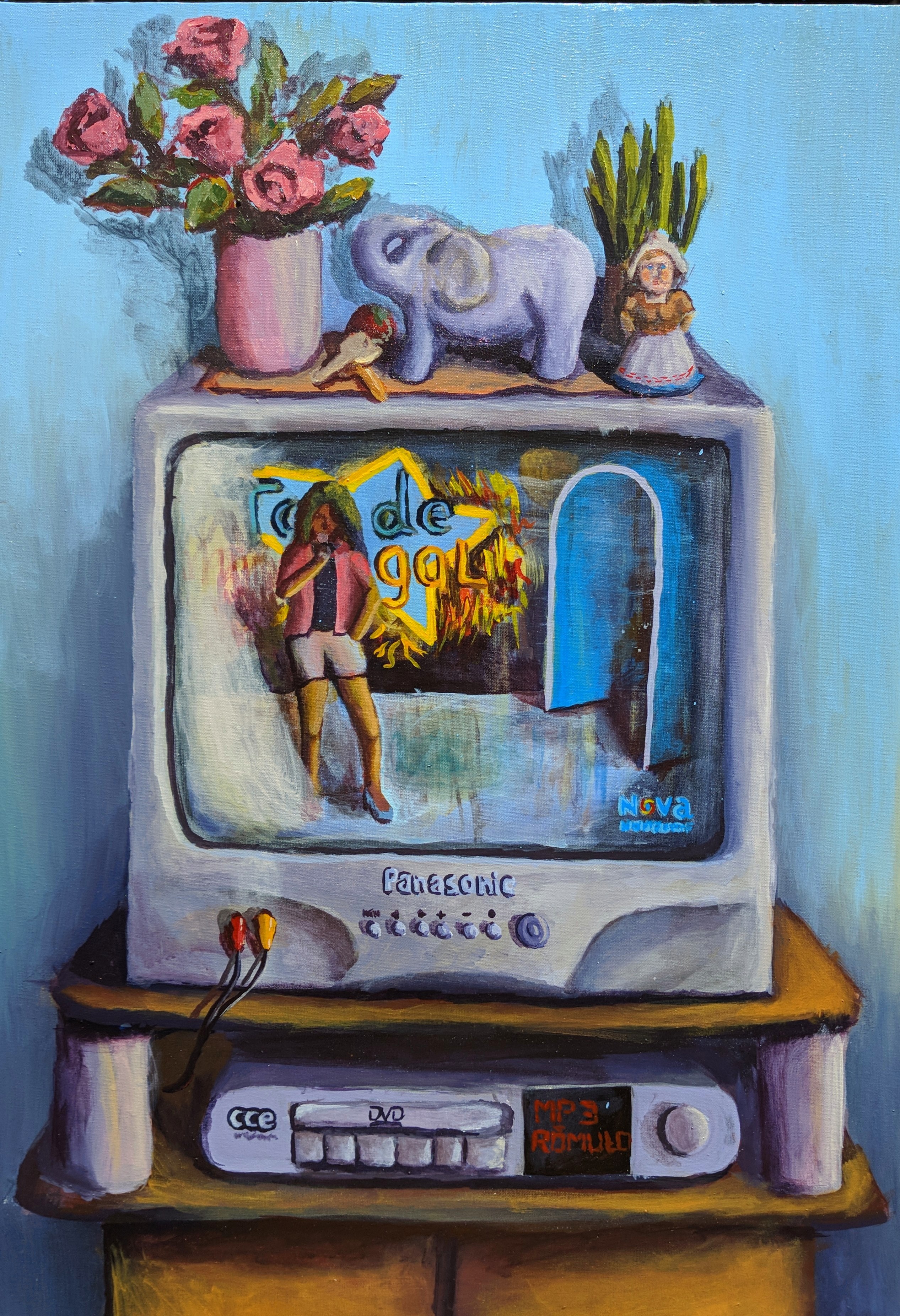TRACKING THE EGO’S ESCAPE
THE AESTHETICIZATION OF THE MOURNING IN THE SHORT STORY KINO, BY HARUKI MURAKAMI
Abstract
The present paper intends, from the understanding of the process of mimesis, analyze how the short story Kino (2015), by the Japanese author Haruki Murakami, is capable of aestheticize the mental state of mourning. In a first moment, it seeks to do the course of the mimetic process, proposed by Paul Ricœur (1994), and understand how one author is capable of grasp an event from the life field and transpose it to the aesthetic work field. Then, the contemporary Japanese literature is introduced and situated in the social sphere, so that it can be understood how it reproduce a collective identity anguish. In the third moment of the paper, the short story Kino, featured in the collection Men without women, is analysed. The Bakhtinian dialogical relationship is the theoretical-methodological link between the previous sections and the analysis itself. In this, it is used the studies proposed by Freud and Bachelard so that it can be understood how the mourning is elaborated in a narrative that imprehends both a physical and a mental escape. That way, it concludes that Murakami, using a set of narrative elements, takes the literary system of which he is part of as a mechanism for the analysis of a discontent that originates in the social sphere and ends in the individual one.







